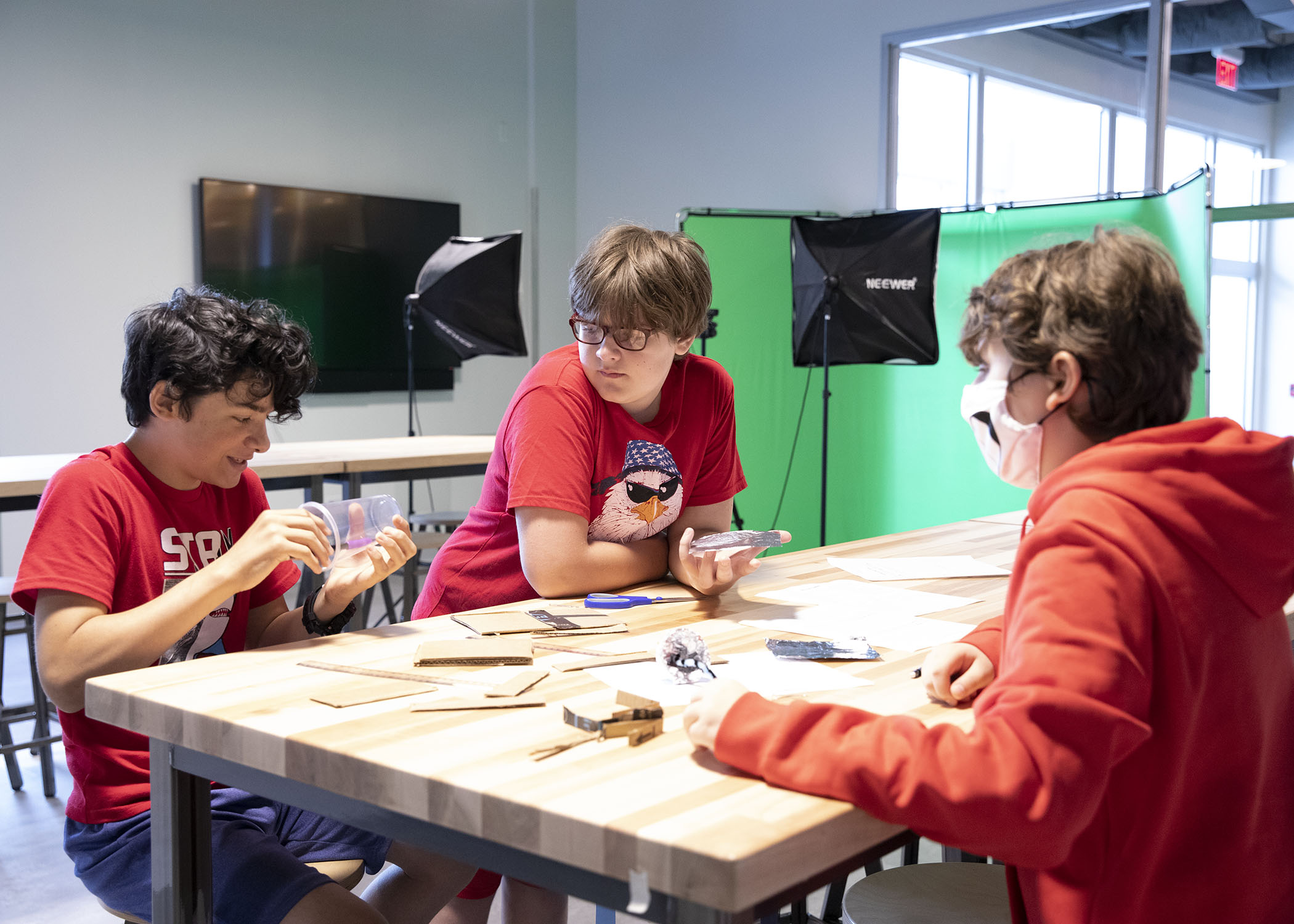Enrollment Now Open for Second Semester. Click Here
Enrollment Now Open for Second Semester. Click Here



Parents who are starting to explore the possibility of a public cyber charter education for their child might have questions like:
By defining the specific roles learners, parents and teachers play, CCA can foster a supportive learning environment that brings the entire family together to form a strong educational partnership.

CCA learners in grades K-5 need a great deal of support from their learning coach, teachers and family members. The roles are defined to make sure elementary learners gain the fundamental academic skills necessary for future success.
Learning coaches and teachers help elementary school learners to:
CCA learners in grades 6-8 become more independent in their studies by taking more personal responsibility for their learning.
Learning coaches and teachers help middle school learners to:
CCA learners in grades 9-12 have more control of their schedule and activities. They work with learning coaches and teachers to set educational and personal goals to help prepare for life after high school.
Learning coaches work with high school learners while they:

A CCA cyber school education helps students gain the knowledge, skills and confidence they need to succeed.
Enrollment Now Open for Second Semester. Click Here